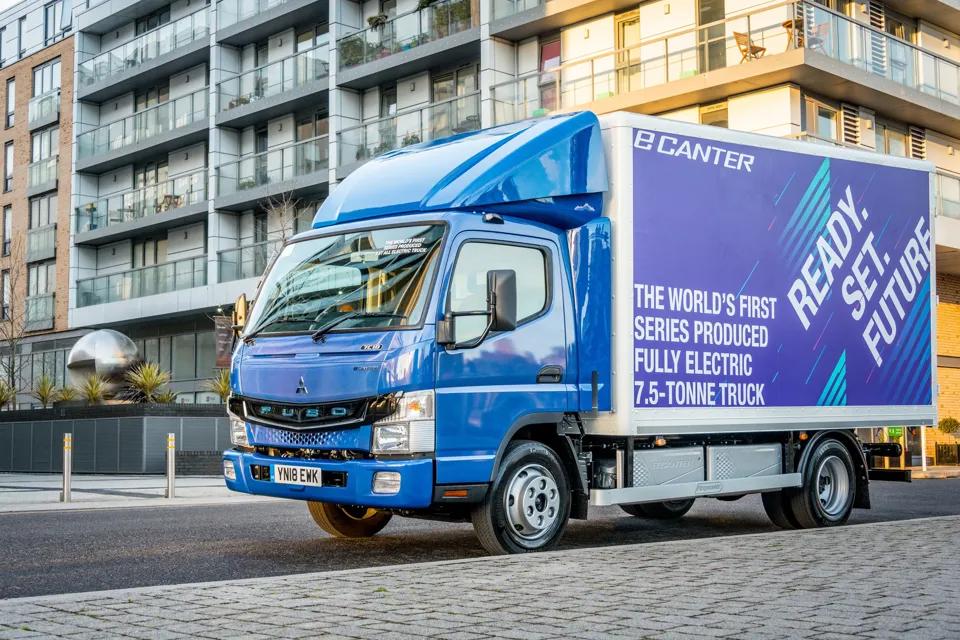A new report by the Committee on Climate Change is urging the Government to force operators into zero-emission trucks by increasing taxes on vehicles and fuel as early as next year.
In a 300-page document, entitled “Delivering a net-zero emissions target for the UK”, the committee outlines it plan to reduce greenhouse gas emissions to zero by 2050.
The report states: “It is possible to get to very-low emissions by 2050 by switching most of these vehicles to hydrogen power or electrification. A hydrogen-based switchover would require 800 refuelling stations to be built by 2050 and electrification would need 90,000 depot-based chargers for overnight charging.”
It suggests that trials of zero-emission HGVs and associated refuelling infrastructure should be planned from now until the early 2020s to develop an evidence base to enable decisions to be made on the most cost-effective and practical zero emission option.
According to the committee, the Government must prepare to make this decision in the mid-2020s, with international coordination, to enable infrastructure to be developed ready for the deployment of zero emission HGVs in the late 2020s and throughout the 2030s.
The report says: “Vehicle and fuel taxation from the 2020s onwards should be designed to incentivise commercial operators to purchase and operate zero emission HGVs.”
Lord Deben, Chairman of the Committee on Climate Change, said: “We can all see that the climate is changing and it needs a serious response. The great news is that it is not only possible for the UK to play its full part – we explain how in our new report – but it can be done within the cost envelope that Parliament has already accepted. The Government should accept the recommendations and set about making the changes needed to deliver them without delay.”
Existing environmental policy has already reduced greenhouse gas emissions by 40% since 1990, but emissions from transport have increased by 6% since 2013 and are now 4% higher than in 1990. Although vehicles have become more fuel efficient, this has been offset by increasing travel demand.
The ambition is for the majority of vehicles on the road to be electric by 2050, leaving aviation and agriculture as the highest emitting sectors.
Jonathan Bray, director of the Urban Transport Group, supports the report. He said: “This advice is unequivocal: achieving net zero carbon emissions by the middle of the century is possible and affordable, but national policies must be ramped up to make this target credible.
“Nowhere is this more apparent than in the transport sector – the single biggest contributor of UK greenhouse gases. The Committee has set out a clear route map for how to tackle transport emissions, from stronger ambition on electric cars and vans, further encouragement of walking, cycling and public transport to avoid car dependency, and a rolling programme of rail electrification – measures we support.”
Transport wasn’t the only target in the report, which outlines a variety of initiatives that can reduce emissions in all sectors.



















Login to comment
Comments
No comments have been made yet.